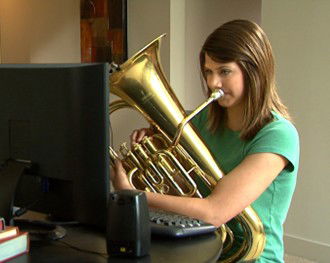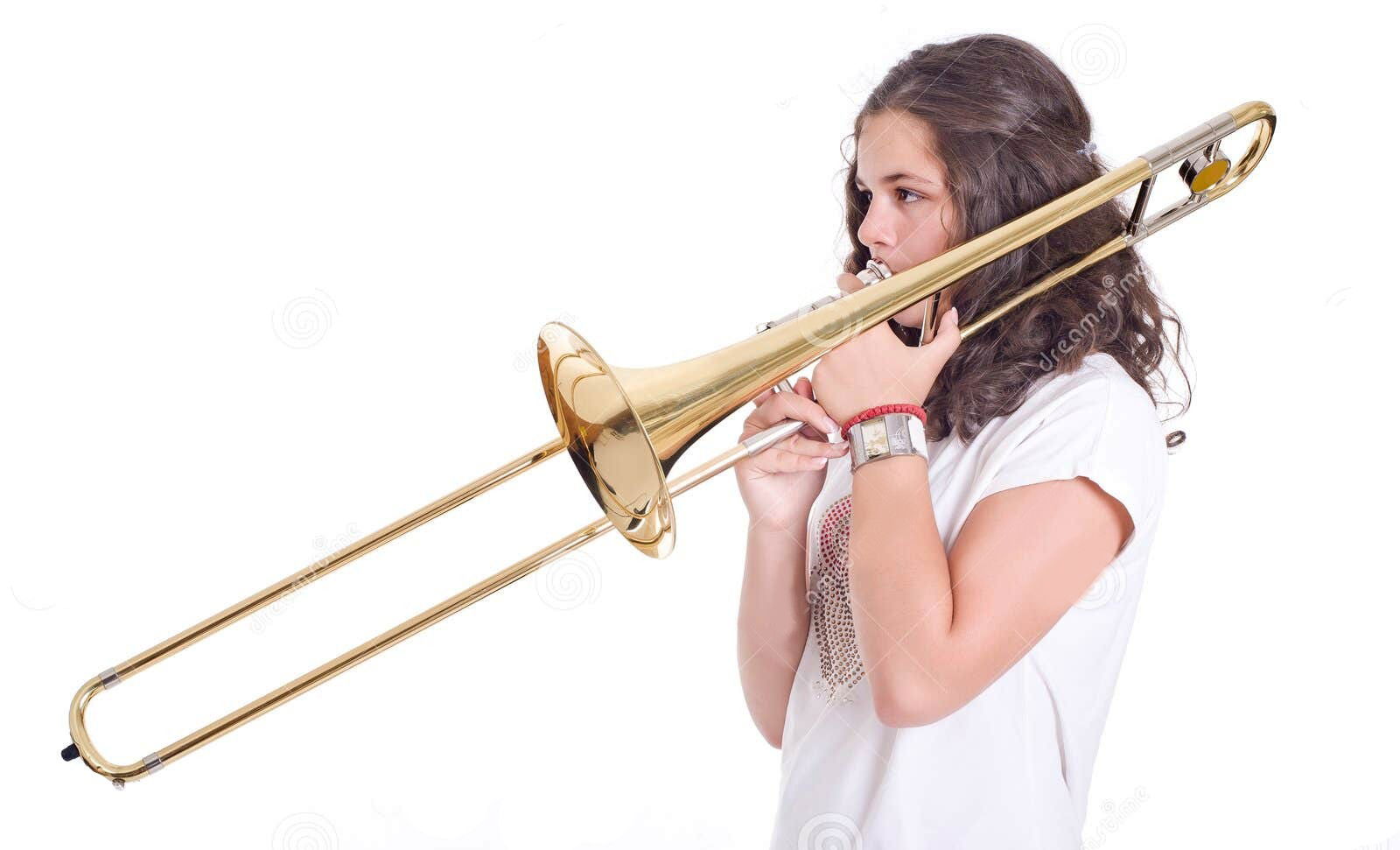Inspiring High School Age Students to Practice

In the journey of personal and academic growth, high school age students often encounter a multitude of opportunities to explore their passions and talents. Among these, music stands as an enriching avenue for self-expression, discipline, and creativity. Whether through instruments or singing, fostering a musical skill set during these formative years can be a profoundly rewarding experience. Encouraging high school students to dedicate time and effort to practice their musical abilities can provide numerous untold benefits that extend far beyond the realm of music itself.
Understanding the Importance of Musical Practice
Part of being an adolescent involves developing good attitudes, skills, and disciplines, among other things. Being able to devote time to practicing a musical instrument, singing, mathematics or a trade skill is extremely important. Practicing one’s musical skill has an advantage over some other disciplines in that often the musician can see and hear more immediate results.
There are quite a few benefits to practicing beyond the obvious benefit of improving one’s musical skills. Music touches virtually all people in a number of ways. Studying and performing music expands the ways that music affects us. Here are just a few ways that this can happen:
1. Self-Expression and Emotional Outlet
Music serves as a powerful means of self-expression. For high school students who are navigating the complexities of adolescence, having a musical outlet can be invaluable. The act of playing an instrument or singing often becomes a channel for emotional release, allowing individuals to communicate feelings that words alone cannot express.
When they practice and improve their skill levels, not only do they have a better sense of accomplishment, but their ability to express themselves and make use of music as an emotional outlet improves.

2. Mental Health
Performing music is good for mental health. It activates parts of the brain that deal with thinking, tactile feeling, moving, and emotion. Playing music causes the release of neurotransmitters and hormones in the brain that can arouse emotional reactions, memories, and feelings.
When their skill levels progress, the levels of endorphins created in the brain when they sing or play increases, which, itself, makes them want to do their music more.
3. Academic and Cognitive Development
Research consistently highlights the cognitive benefits of musical training. Regular practice sharpens cognitive abilities, improving memory, focus, and problem-solving skills. Encouraging musical engagement in high school complements academic pursuits, enhancing a student's overall cognitive development.
While research continues to reveal more specifics about how each side of the brain works, there is still a consensus that each side tends to specialize in one or more types of thinking. Music, especially playing music from printed scores, tends to build synapses between the brain’s hemispheres, resulting in better thinking skills, including cognitive and executive functions. If the musician memorizes that music for performance, the cognitive development is expanded and strengthened even more.
4. Social and Emotional Skills
Collaborating with peers in bands, orchestras, or choirs fosters teamwork, communication, and understanding. Through musical ventures, students learn the importance of cooperation, discipline, and the art of constructive criticism – skills that extend far beyond the realm of music and into various aspects of life.
Such collaboration can be compared to the joint effort produced on a sports team or in the military. However, in most cases, the members of a sports team or military campaign can vary their positions, movements, and actions somewhat to accommodate the movements of others.
However, those kinds of independent actions cannot be tolerated in a band, orchestra, or choir. Each note, dynamic and interpretation of a piece must be repeatedly rehearsed so that it is consistent whenever it is performed. Because of that, the teamwork, communication, and understanding required in such an ensemble is even greater than sports or the military.
Strategies to Encourage Musical Practice

1. Offer Diverse Opportunities
Schools of all sorts should provide diverse musical opportunities, catering to a wide range of interests. Establishing instrumental ensembles, choirs, and a variety of music clubs can attract students with different inclinations. Diversity in musical offerings ensures that students can find their niche and feel motivated to participate.
While a variety of opportunities at school or homeschool groups is vital, there may be other groups in the wider community that offer students a place to play or sing. There are community bands and choirs that cater to students, operating only when school is out. Some volunteer fire companies recruit local high school and college age students to play for parades in the summer.
There are some opportunities for certain instruments or vocal styles in a local rock, country, or jazz band. Some communities even have polka bands or mariachi bands that could use a certain horn or vocal sound.
Praise bands in some churches include a few horn and string players to offer a more joyful sound of praise to God. If you’d like some suggestions about what can be done to include horn and string players in the praise team at your church, check out these offerings at Salt Cellar Creations. (These are just a few samples.) We are always open to arranging more for your church’s worship team. Contact Us for more information.
Despite the popularity of praise teams with just rhythm instruments and a multitude of singers, many churches still have formal choirs. These are great opportunities for developing and expanding a singer’s skills, while offering back to the Creator.
2. Showcase Performances and Achievements
Celebrating musical accomplishments can be a significant motivator. Hosting concerts, talent shows, or even informal gatherings where students can showcase their progress and talents instills a sense of accomplishment and pride. Recognition and appreciation from peers and the community can fuel students' dedication to practicing and improving.
Although the “regular” concert band, choral groups and string orchestra have their concerts, other performing musical clubs that aren’t part of the curriculum should have a chance to showcase their talents. These groups could include everything from small classical woodwind, brass or string ensembles to jazz or rock bands with horn and/or string sections.
3. Cultivate Supportive Communities
Creating a supportive environment is crucial. Teachers, parents, and fellow students play pivotal roles in motivating young musicians.
- Directors should offer guidance, support, and mentorship. Most often, this would be done as part of group instruction. Congratulating a student or small group of students on a particular job well done, such as a solo or duet is also good, provided that the director doesn’t compare them to other students, but rather holds the accomplished students up as positive role models. This can be tricky at times.
- Parents can encourage regular practice routines at home. Even if the parents have no particular musical ability, they can utilize resources from their child’s music instructor or some of the technological resources listed in the next paragraph.
- Fellow musicians can inspire one another through collaboration and shared passion for music. A little friendly competition can also go a long way.

4. Use Technology and Innovation
Incorporating technology can make musical practice more engaging. Encourage the use of apps, online resources, and educational software to enhance learning and practice. Interactive platforms and digital tools can make the learning process more enjoyable and accessible.
Recording their playing / singing, whether individually, in sections / parts or as a whole, can not only help them identify any areas that need improving, but can help display those areas in which they excel. Recording a piece as a series of overdubs, instead of as a full performance, can often be a real learning experience that can offer one or more of the following:
- Improvement in counting since in the overdubbing process, not everyone’s part is audible. If the conductor chooses, the absence of the conductor offering normal cues forces students to be very aware of her they are in the music.
- Improvement in being aware of what other parts are doing. Voices or instruments that normally are separated in a normal concert setting can hear what other parts are adding to the whole piece.
- Improvement in the skill of making one’s voice or instrument fit more perfectly with the rest of the ensemble.
With the proliferation of very affordable digital home recording equipment, almost any school or homeschool group can afford a recorder and a few inexpensive microphones.
5. Inspire Through Role Models and Guest Sessions
Bringing in successful musicians or alumni to share their experiences and offer insights can be highly inspiring. Learning from professionals or former students who have pursued musical careers can ignite a sense of possibility and excitement about the future in aspiring young musicians.
I used to do solo tours and would often contact local high schools in the area of the next concert to do a Musician’s Clinic in which he presented the variety of career opportunities in the field of music, demonstrating as many of them as possible. These career possibilities not only included those things that could be expected like performers and teachers but also booking agents, recording and sound engineers, and venue owners.

6. Practice, Rehearsal and Performance – What’s the Difference?
Most of the counsel given in this blog has really been about rehearsal and performance. A good music student knows that the best performances start with practice. Here’s what each of them entail:
- Practice is the process of making one’s playing or singing better than it was. It includes such exciting things as warm-ups, scales, finger, embouchure, or vocal exercises, depending on whether the student is an instrumentalists or vocalist. It also involves extracting (reading) the music from the page, interpreting it according to its tempo, dynamic and expressive markings, and working out the best way to play or sing the music. If the other exercises have been performed properly and long enough, this part will come relatively easily. Any new music may point out what other skills may need to be learned.
- Rehearsal is the combination of the practiced skills of each musician. Once a musician has perfected his or her part, they need to be combined into a cohesive whole, with each part interacting seamlessly with the others. Here, the tempo, relative dynamics and final interpretation are applied, under the guidance of the director.
- Performance, of course, is when a whole program of music is played for an audience, whether live or electronically assembled. The interesting part about a performance is that it CANNOT be practiced or rehearsed. The only way to get good at performing is to perform. There are some general guidelines to performing well, the most important, of course, is to practice and rehearse well.
7. Membership has its Responsibilities
Unfortunately, the only option to offer students who are reluctant to practice is to remind them that they don’t have a guaranteed place in the group and that they can be removed if necessary. See the article entitled Dealing With a Struggling Musician in Your Ensemble for more information about struggling musicians.
Conclusion The toughest part of being a high school age musician is the practicing part. One good way to encourage students to practice is to have a way to monitor their practice progress. During school time, regular classroom time takes care of that. When school is not in session, encourage students to get together to play, even if it’s by way of social media.
Encouraging high school age students to practice their instruments and singing is about fostering an environment that nurtures their passion for music. Music education goes beyond the notes on a page; it fosters discipline, creativity, and a lifelong appreciation for the arts. By providing diverse opportunities, support, recognition, and inspiration, high school students can be encouraged to engage in consistent and fulfilling musical practice, leading to personal growth and a lifelong love for music.
The development of musical skills during these formative years not only contributes to the students' personal growth but also enriches the cultural tapestry of the community, creating a lasting impact on their lives and the world around them.
Salt Cellar Creations understands the beauty and power that music can impart. We have a growing library of original works and arrangements for Concert Bands, Choral Groups, String Orchestras and More. Explore the offerings HERE.
SCC can also compose an original piece for you or do a custom arrangement for you. There are two ways that this can be done; one is much more affordable than the other. And SCC is always looking for ideas of pieces to arrange or suggestions for original pieces.
We have sold music not only in the US but in Canada, the United Kingdom, France, Australia, and New Zealand, Austria, and Germany. Please visit the WEBSITE or CONTACT US to let us know what we can do for you!